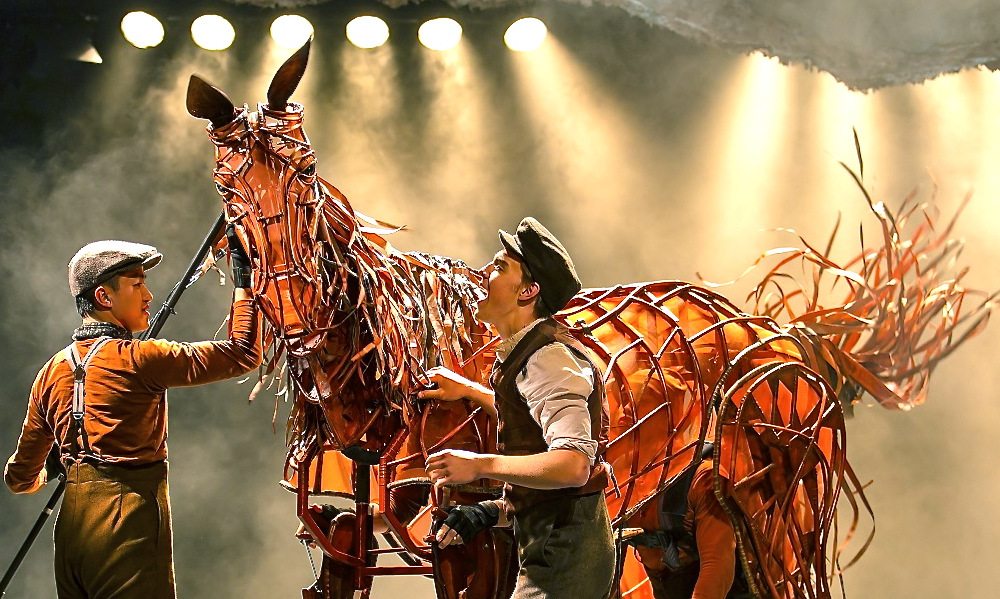Horseback Riding: An Art Vital for Mankind

Without doubt the horse has been the most important animal in the development of mankind, at least for the last six millennia and perhaps longer. I do not think that any other animal comes close to the horse in importance to our civilization. The fact that we can ride them is what interests me the most, but one must consider that they have many other uses. In many parts of the world they were and sometimes still are highly valued as a source of meat. France, Poland, Italy, Switzerland, Iceland and Belgium still prize horse meat. In Mongolia, and probably other places as well, people drink mare’s milk. I have read too that the Mongol Cavalry under Genghis Khan used to nourish themselves at times by opening a vein in a horse and sucking raw blood from it for energy on the march. I am not sure they really did that at the gallop as some have claimed, but, after seeing how the Masai take blood periodically from their cows and use it mixed with milk as a renewable resource I can well believe they used the blood for nourishment.
Of course the use of horses to power agricultural machinery and for transportation is far more important for the development of civilization than its value as food. Probably one horse pulling a plow could do the work of something like 20 men, thereby liberating huge numbers for other pursuits than the subsistence farming necessary to prevent our ancestors from starving. Horses gave mankind much more time for art, writing, manufacturing, building and thinking by liberating people from many menial tasks. Imagine also how horses facilitated the transport of products from one place to another by pulling carts and sometimes barges on canals. They were the life blood of commerce. Coaches with relay stations facilitated the transport of passengers and fast riding couriers carried communications. For a short time before the telegraph put them out of business, the Pony Express had the fantastic, if somewhat quixotic, achievement of carrying the mail from St. Joseph to San Francisco; 2,000 miles in seven days.
It goes without saying that the horse and the art of horseback riding had a determining influence on many of the pivotal battles of recorded history. Until the First World War most of the great battles were strongly influenced by cavalry and there would have been no chance of victory without a cavalry arm. As well as conferring speed and power, the horse was often a huge psychological weapon. It is ironic to think that when Cortez and Pizarro defeated the Aztecs and the Incas with ridiculously inferior forces, the horse was one of the main reasons for Spanish victory. Spanish Arabian Horses left from Arab invasions proved versatile and effective in subduing resistance. It was ironic because the horse had originated in North America and migrated to Asia across the Bering Straits. Around the end of the last ice age the horse became extinct in North America, some think because of over hunting from native tribes. If Native Americans had been the first to domesticate the horse instead of exterminating them, world history could have been written far differently.
Aside from the military, a great use for horses was to facilitate hunting. The speed of the horse made it possible to go faster than most game and when horsemen were using hounds they could stay much closer than they could have done on foot. Many societies depending on cattle and sheep find horses greatly facilitate their work. The cowboys of the American West and the gauchos of South America are prime examples.
As with so many skills which people learn to handle necessary jobs, horseback riding has developed into an agreeable and extremely popular sport from the beginning and it is one of the oldest sports known to man. There is something about the rhythmic motion of the animal moving in unison with a rider which seems to provide mutual comfort and pleasure. Horseback riding is also excellent exercise as well as being challenging and exciting. Equestrian vacations allow you to practice the sport you love and at the same time to see an interesting side of a foreign country in depth.
By Bayard Fox

